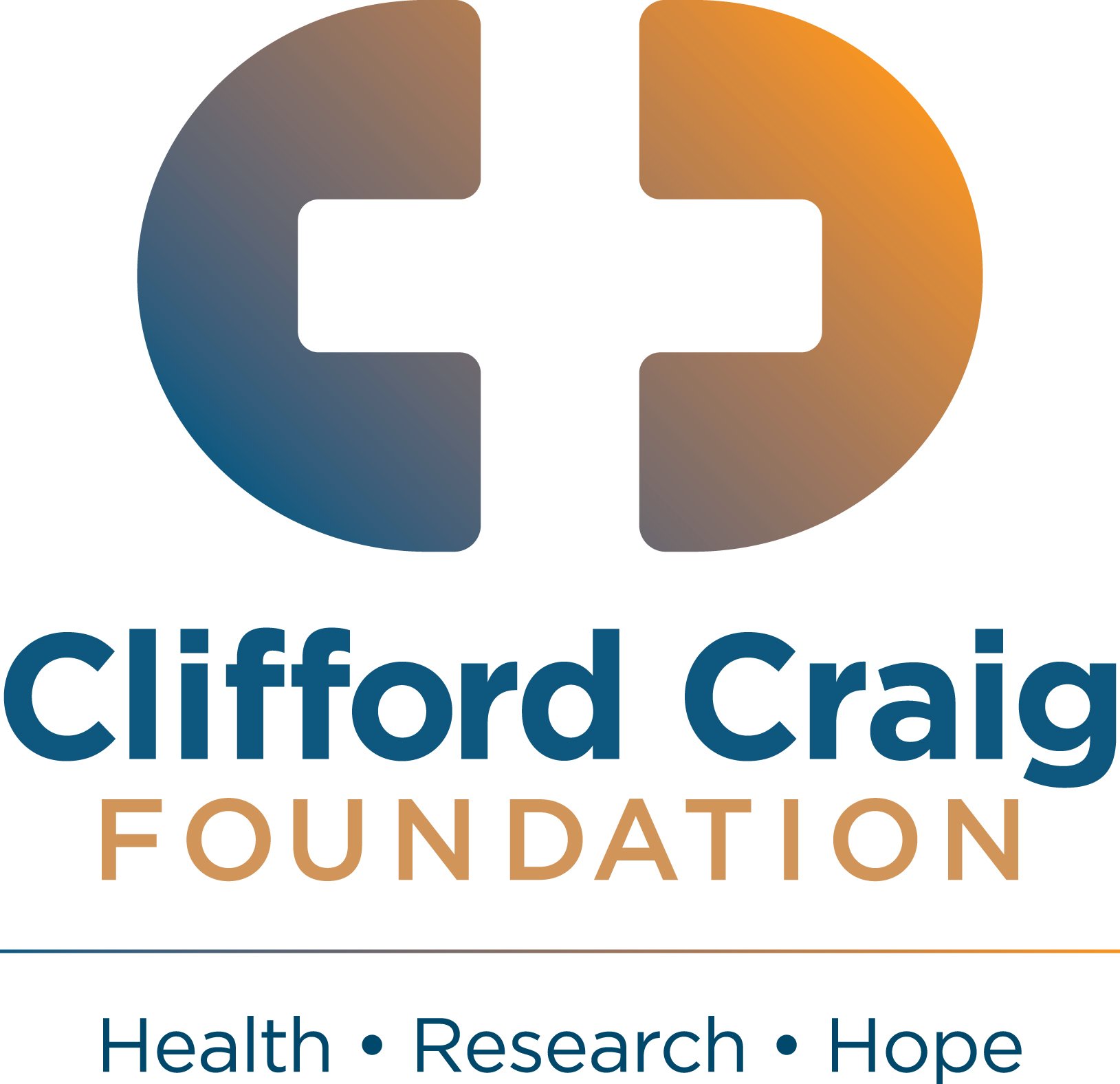Will altering genes improve the action of diabetes drugs?
Uncovering the role of the mitochondria gene ACAD10 in metformin action and non-alcoholic fatty liver disease - Dr Darren Henstridge - $24,986
By 2024, it’s estimated that more than 642 million people will be living with Type 2 diabetes (T2D)worldwide, and that over half of the adult population will have fatty liver disease.
The increased rates of both conditions has been linked to escalating cases of obesity, which it the primary risk factor.
However, current strategies for the prevention of both T2D and fatty liver disease are limited in scope and effectiveness.
There remains a need to identify and develop targets and strategies for new therapeutic options to reduce the health burden associated with these conditions.
To do this, it is imperative to understand the underlying biology of these conditions, in the organs that are affected.
This novel study, led by Darren Henstridge, will examine a gene that is important in the mitochondria of cells.
Alterations to this gene have been associated with T2D and linked to the action of the diabetes drug metformin. However, very little is known about its physiological function.
This project will investigate if altering this gene improves the action of the diabetes drug metformin and whether it can assist to decrease fat accumulation in the liver.
Darren said this type of discovery work was crucial as it underpins the development of new therapeutic targets for disease.
“This is novel work. We are using a genetic tool to upregulate the action of a gene so we can study its metabolic actions,” he explained.
“Currently, there are no descriptions in the scientific literature of the effects of increasing the activity of this gene and consequently all our findings will be original.”
Darren hopes this work will start to unravel the function of the mitochondria gene and lead to evidence it is involved in the function of a drug used for patients with type 2 diabetes.
“This being the case, it would provide the rationale to design new drugs to target these cellular pathways.”
“My passion for research comes fundamentally from wanting to understand how the body works.”
Darren Henstridge
About the researcher
Darren has a Bachelor of Science (Honours), PhD, from Monash University and recruited to the University of Tasmania in 2019.
He now works in the School of Health Sciences in the College of Health and Medicine where he is a Senior Lecturer and Researcher and also the School of Health Sciences Associate Head for Research.
“I think my passion for research comes fundamentally from wanting to understand how the body works,” he said.
“I also enjoy the feeling of knowing I am working on something novel that has never been studied before.
“My main field of interest is metabolism, so I am interested in obesity, type 2 diabetes, fatty liver disease, mitochondrial diseases and understanding how exercise is beneficial to your health.”


